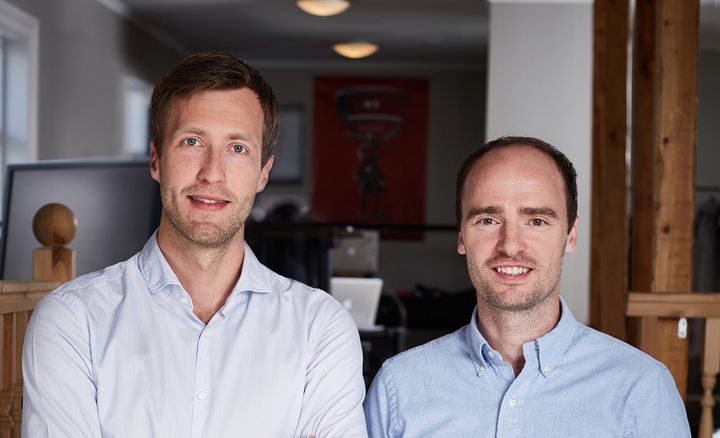"Iceland is sold out" and the competition for tech talent
“Iceland is sold out!”
That is how Skúli Mogensen, founder of WOW air described our current talent situation at Startup Iceland last week. It refers to the feeling that our talent pool is too small, and tech companies can’t fill the positions they’re trying to. (Note: it’s possibly a fact, but I don’t have the data – if you have data on access to tech talent please let me know).
When QuizUp went out of business, WOW air hit the jackpot. At the same time that a bunch of talented developers lost their job, the airline was looking to other long-haul low-cost airlines with big bets on technology. WOW hired several QuizUp developers that helped create the technical and organisational underpinnings of a new department, Wow Labs. At the same time, Icelandair was going through a similar phase, with Icelandair Labs (yes, the naming is … similar).
Now, a little under two years later, Sveinn Akerli, WOW’s CIO, announced in an interview with Viðskiptablaðið that the company was looking to hire 100 developers in Iceland, multiplying their current development team. Sveinn said in the interview that they expected to hire a mix of of Icelanders and foreigners.
In addition to WOW’s massive expansion, we have NetApp Iceland still working on their expansion – currently 9 open positions in Iceland. Bókun was recently acquired with plans to grow their operations in Iceland, Teatime Games just raised $7.5m and is hiring, and we’ve had the best fundraise quarter for a long time.
Our talent building process lacks an essential step
Although the Universities are now churning out fresh developers as never before, we’re still lacking in talent. We’re a generalist nation, and once you require deeper skills or specialities, the number of people that possess them dramatically decrease.
In my view, one of the reasons behind this is lack of international presence in the labor market, both as employers and as employees. We can have the best university system in the world, but if there aren’t employers to take the fresh graduates and train them in international collaboration, work systems and discipline, there will always be something missing. In addition, international presence wouldn’t only create a tech industry with more, and interesting employment options, but would also increase competition between workplaces, putting pressure on Icelandic companies on keeping their stuff together.
The same applies to employees. Iceland is a tiny blip in the middle of nowhere (or well, we’re actually smack between two big markets, which can be an asset). We’re extremely homogenous with similar experiences, thoughts, and viewpoints. Bringing in foreign talent that has tried working in companies with large sales forces, that face heavy regulatory scrutiny, expect professionalism in internal processes and challenge their coworkers, would be very helpful to our industry.
And what are we doing about it?
Many regions, especially those that realise that they need to move away from a completely resource based economy to a more knowledge and innovation driven economy, employ things like business development agencies to drive interest in setting up shop in their region. To my knowledge, Iceland as a nation has only done that proactively for old-world industries like aluminium and silicone plants.
We have an organisation that probably should own these projects, Íslandsstofa – Promote Iceland, but to my knowledge not much proactive business hunting is being done. Why don’t Google, Spotify, Microsoft, Netflix (and so forth) have an development office in Iceland? That’s a question someone, somewhere in the business and innovation government ecosystem should be asking themselves right now.
On the talent side, the Ministry for Innovation, Federation of Icelandic Industry and Promote Iceland are working on creating a one-stop shop for everything you need to know to relocate to Iceland. With the 2016 Innovation Bill, foreign specialists are granted a 25% tax discount for the first three years of their stay, which signals a will to increase the number of expats here. But the marketing of Iceland as a workplace, and indeed this initiative, has been lacking. In 2017, 83 people applied to use it, 54 got accepted. So, tiny numbers, but it’s something. We shouldn’t only be marketing ourselves as a tourist destination; we should be marketing ourselves as a great place to work and live.
In addition to that, Northstack is running an experiment, by creating the first international, tech sector focused job board. (sorry for self-promotion, I promise the reason for this email wasn’t to plug). Hopefully by increasing the awareness of people outside of Iceland about the availability of jobs here, we’ll attract some talent.
This post is a part of the Memo, a regular commentary and analysis newsletter by Kiddi, founder of Northstack. You can sign up here.




